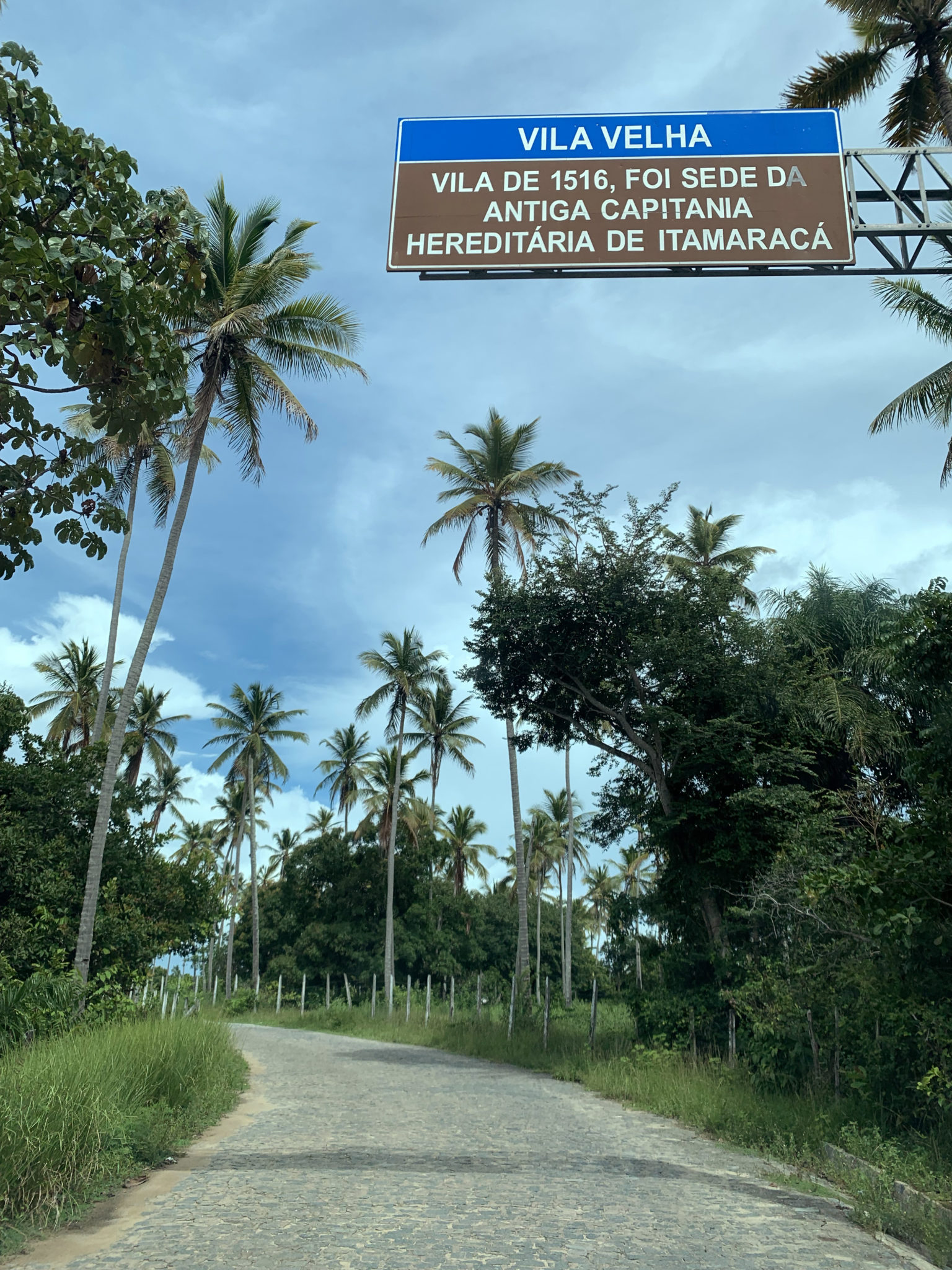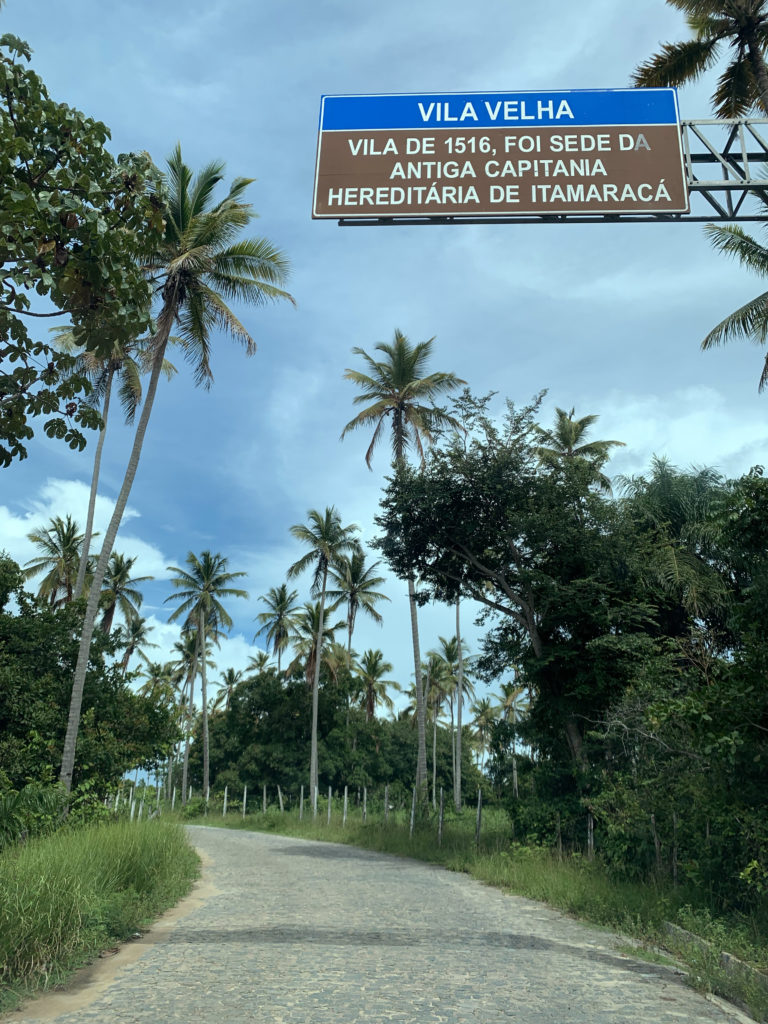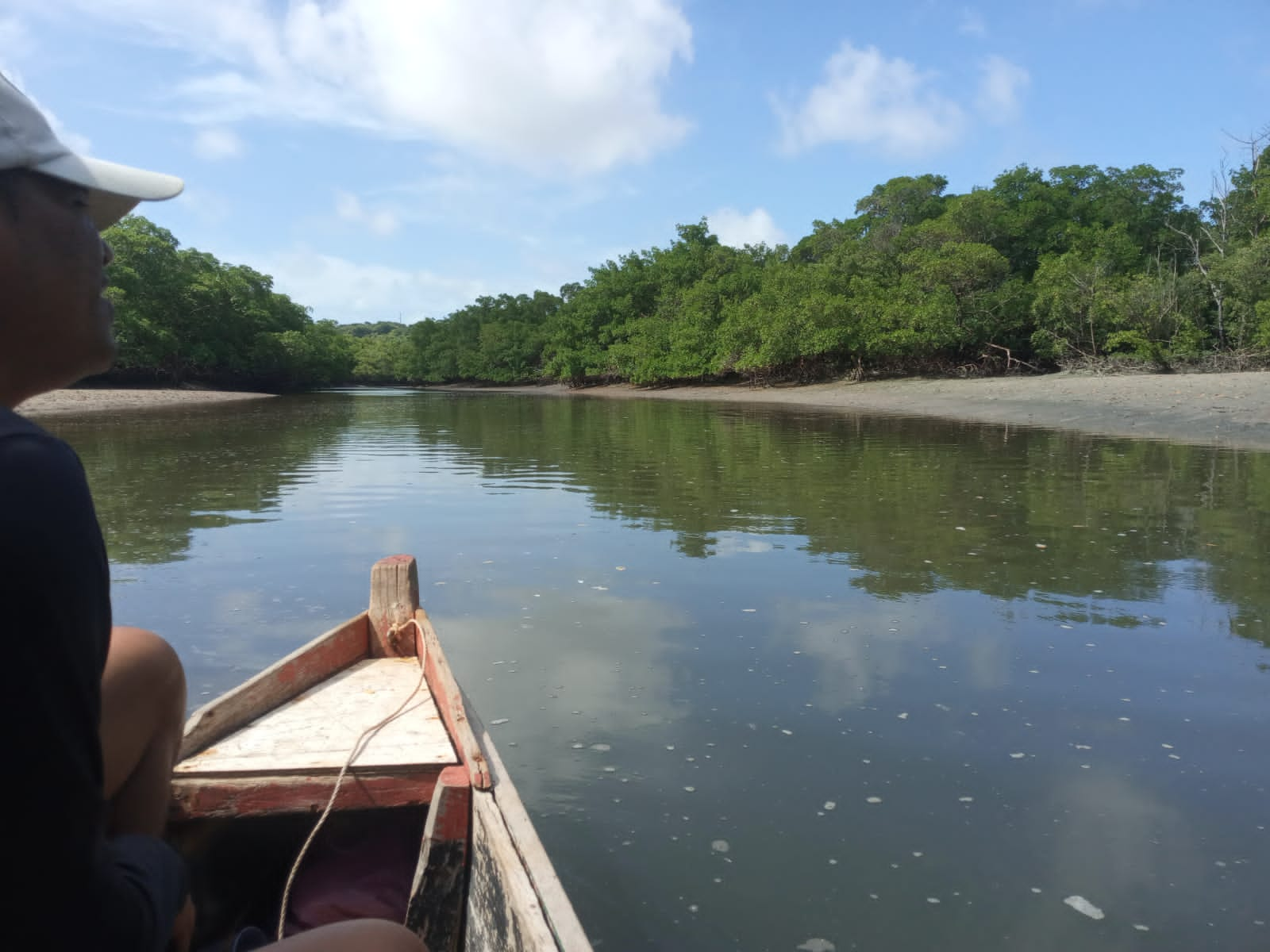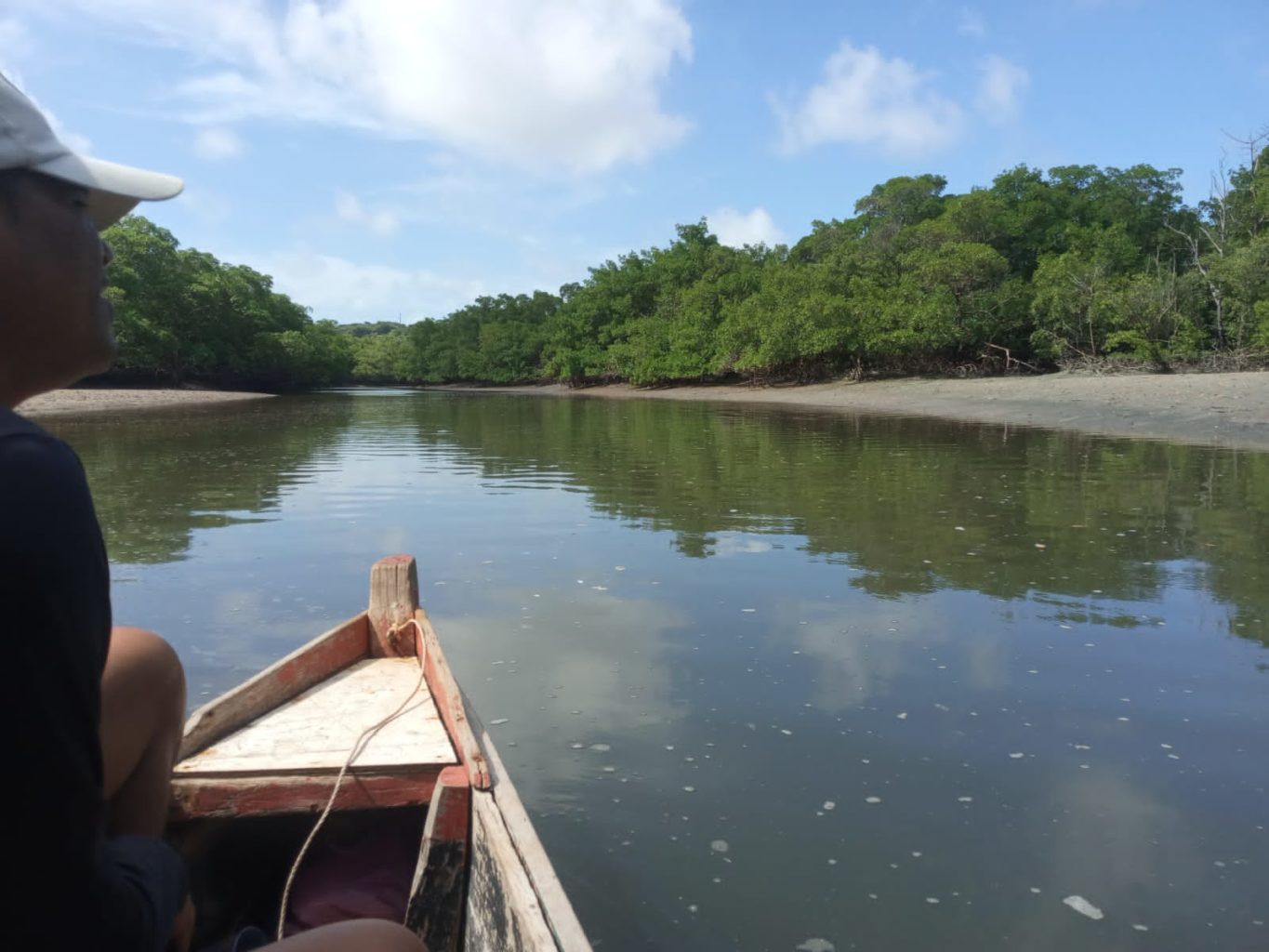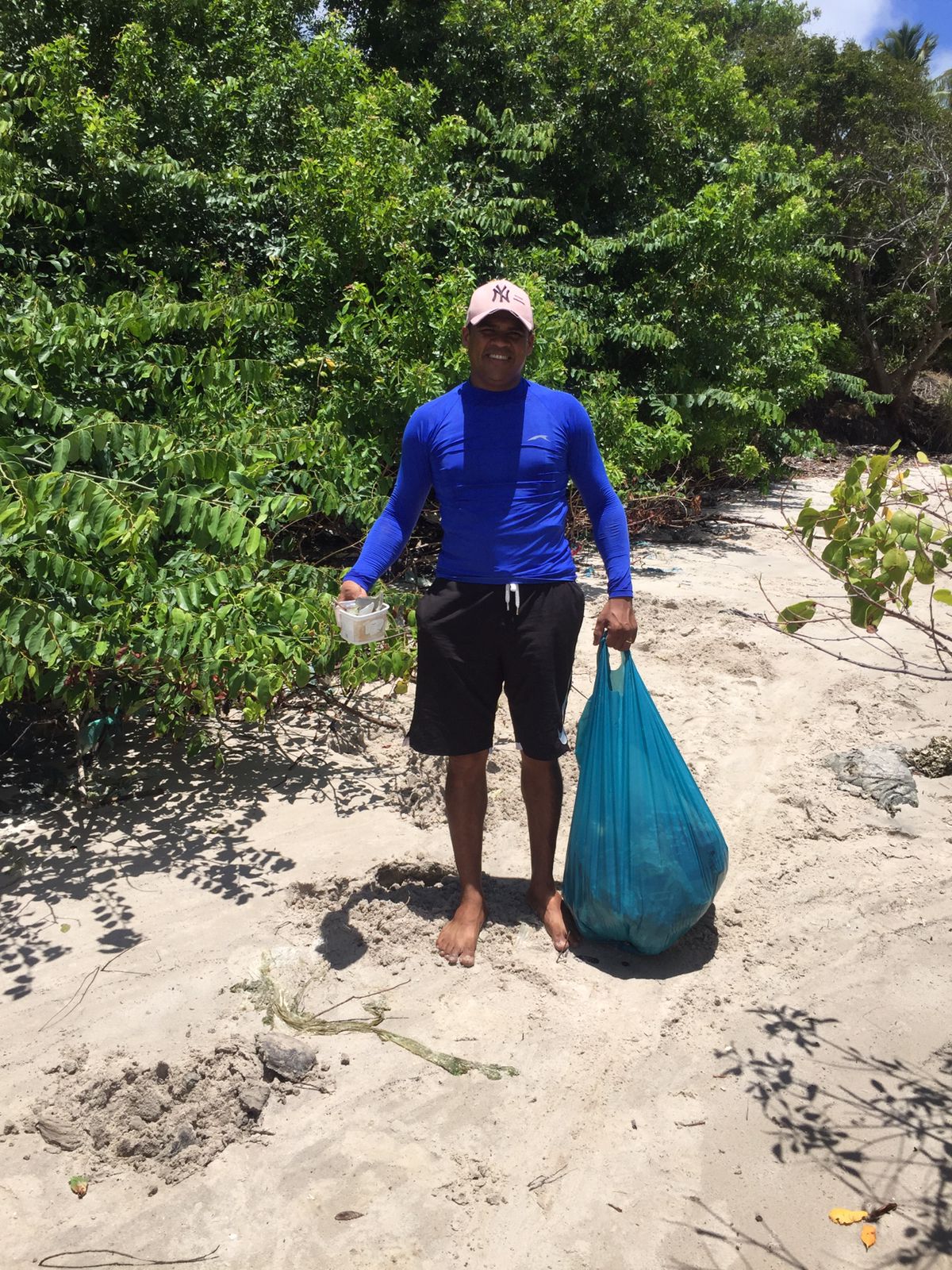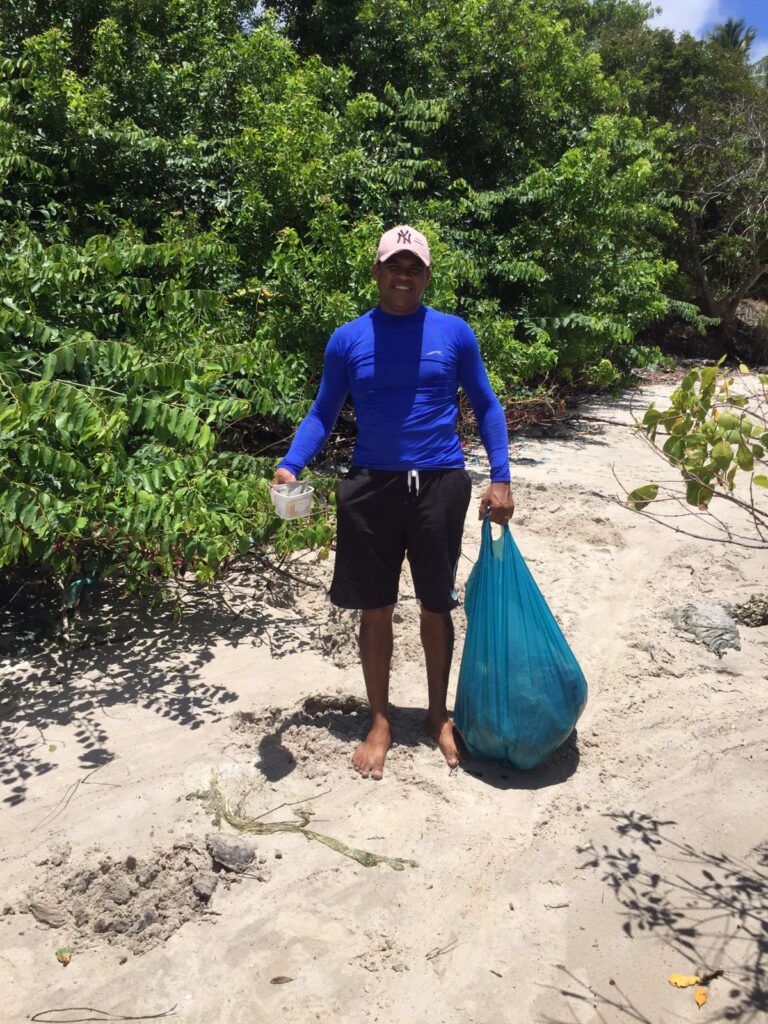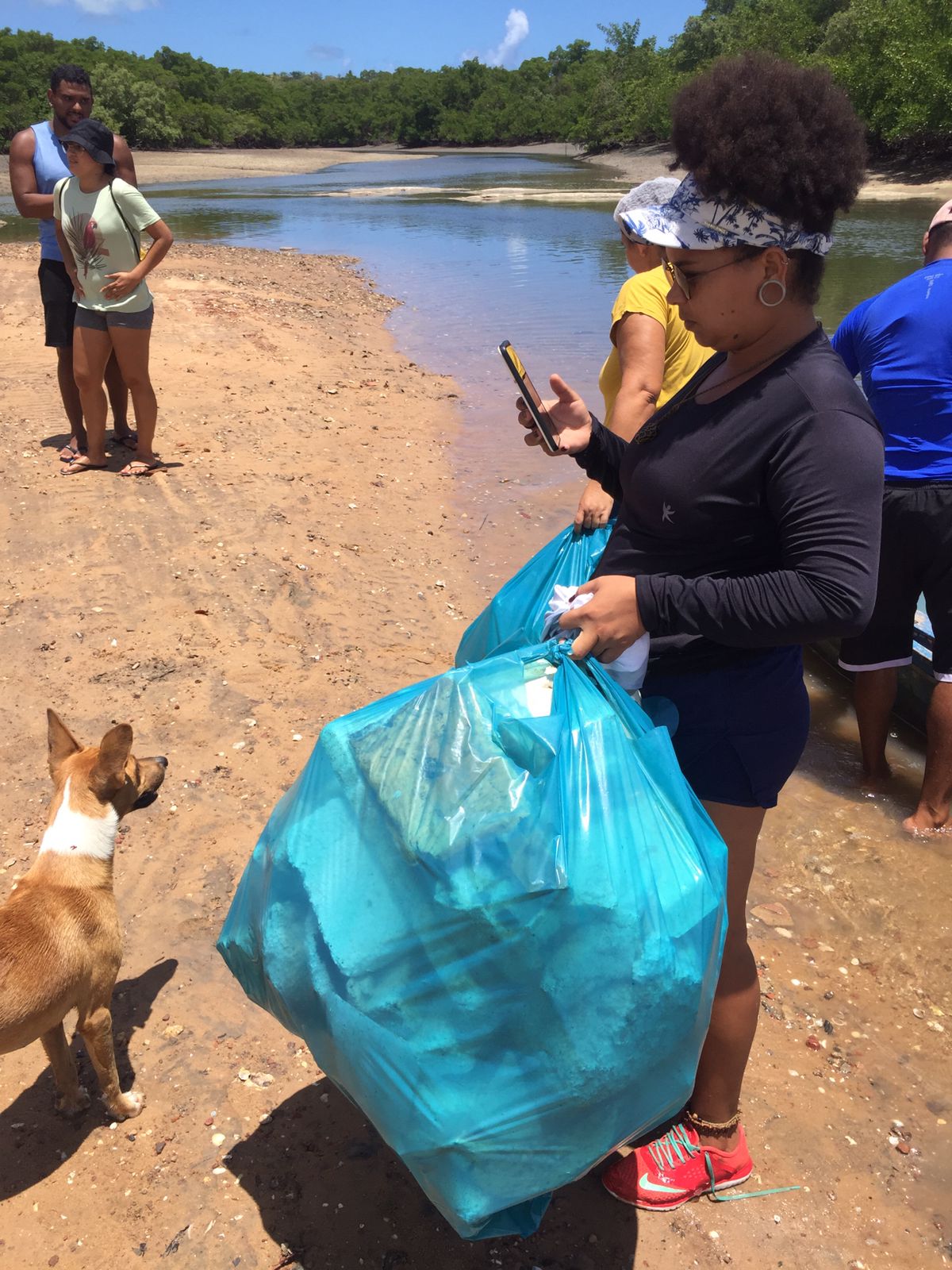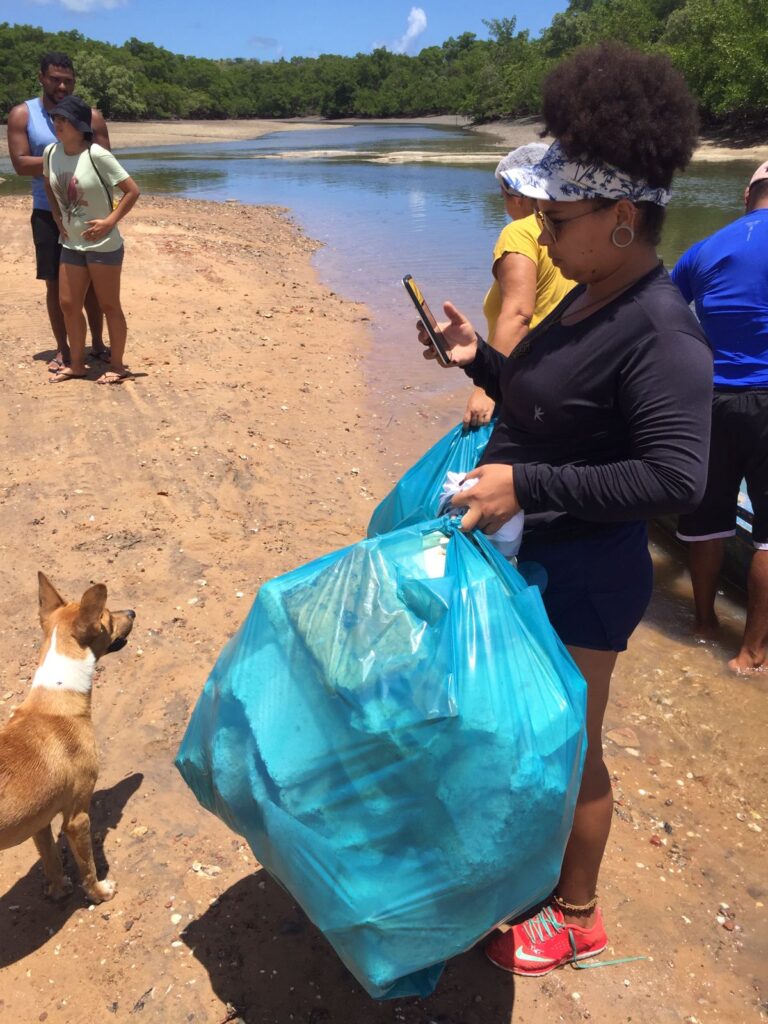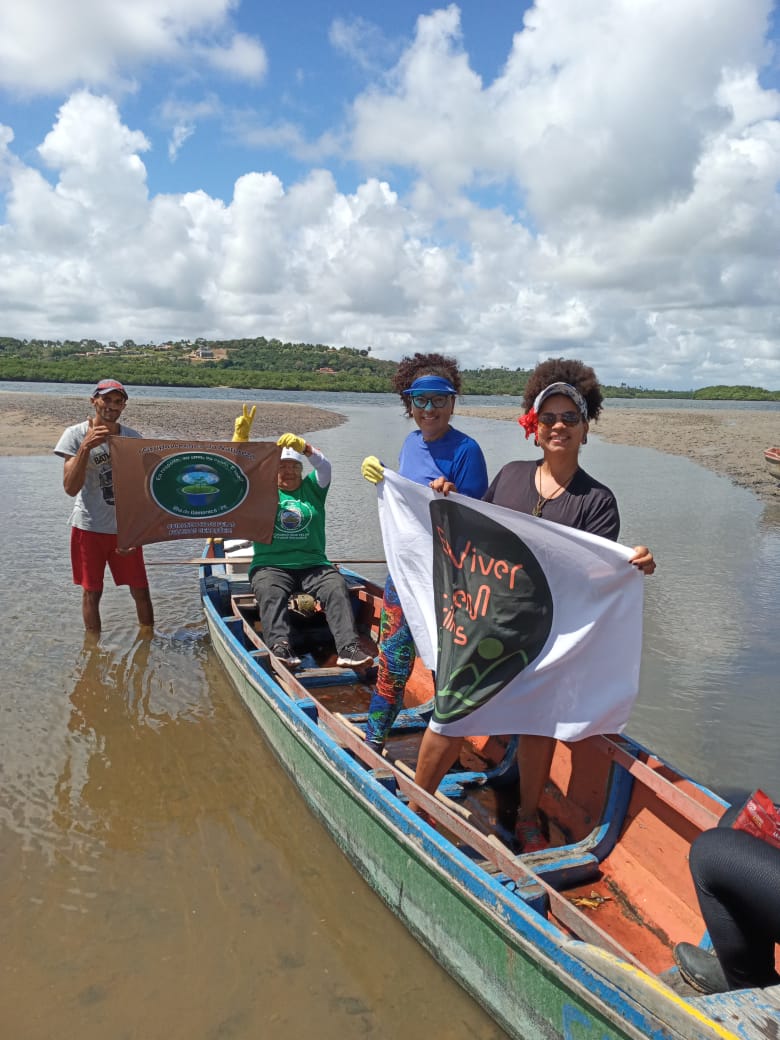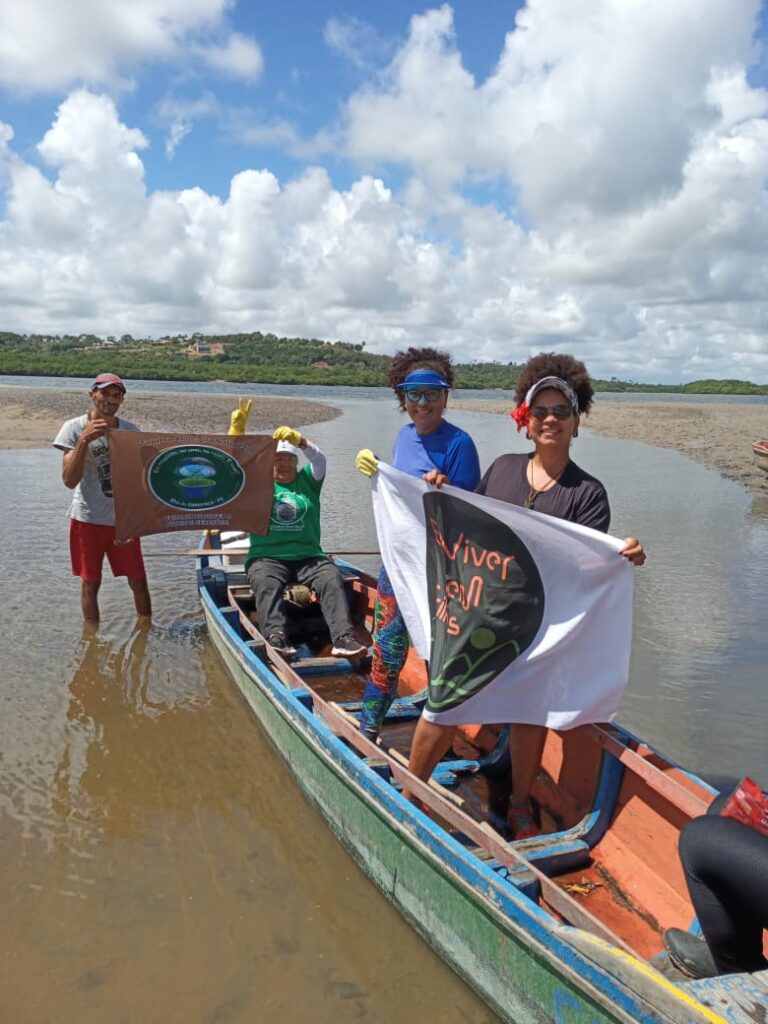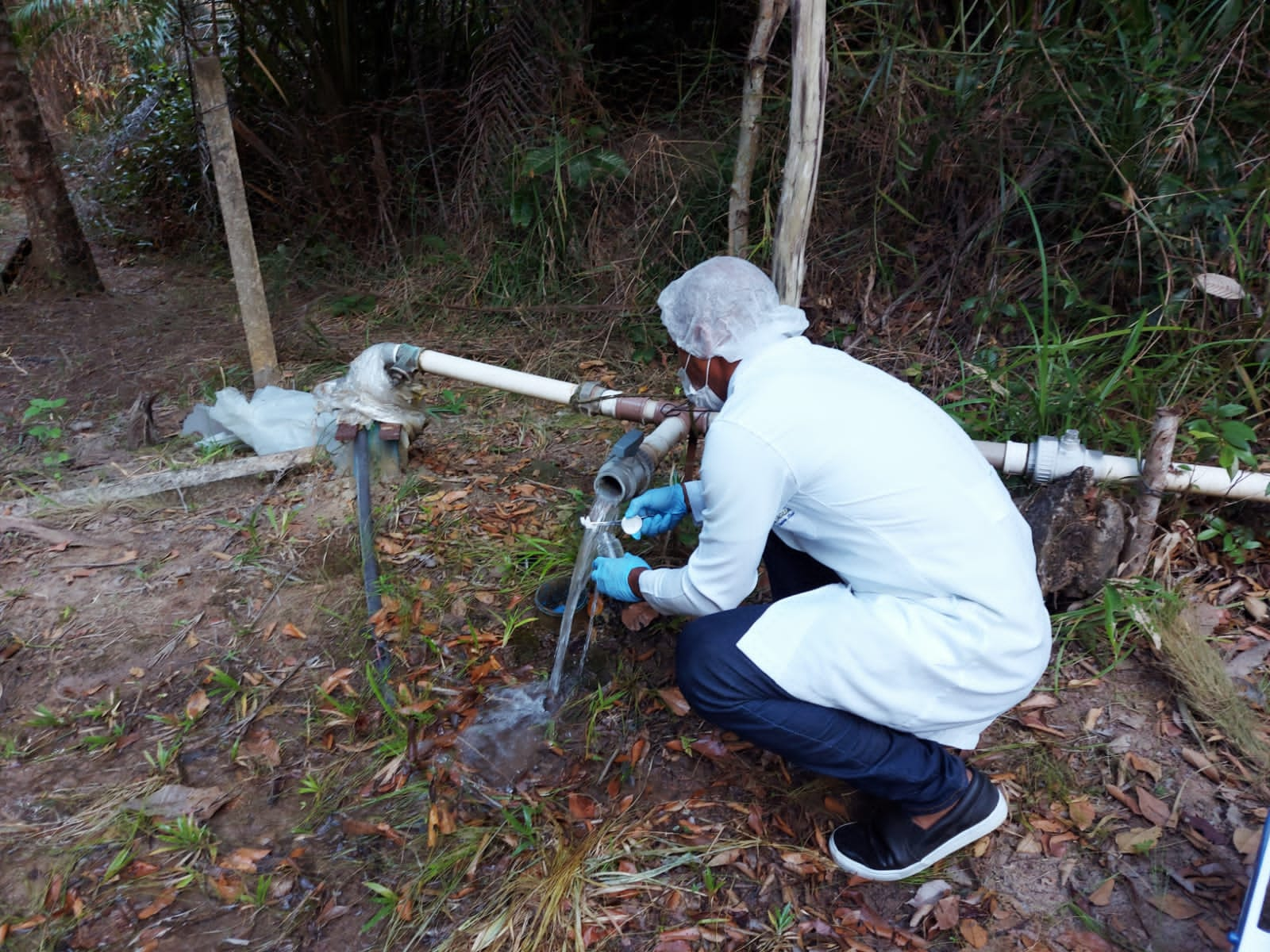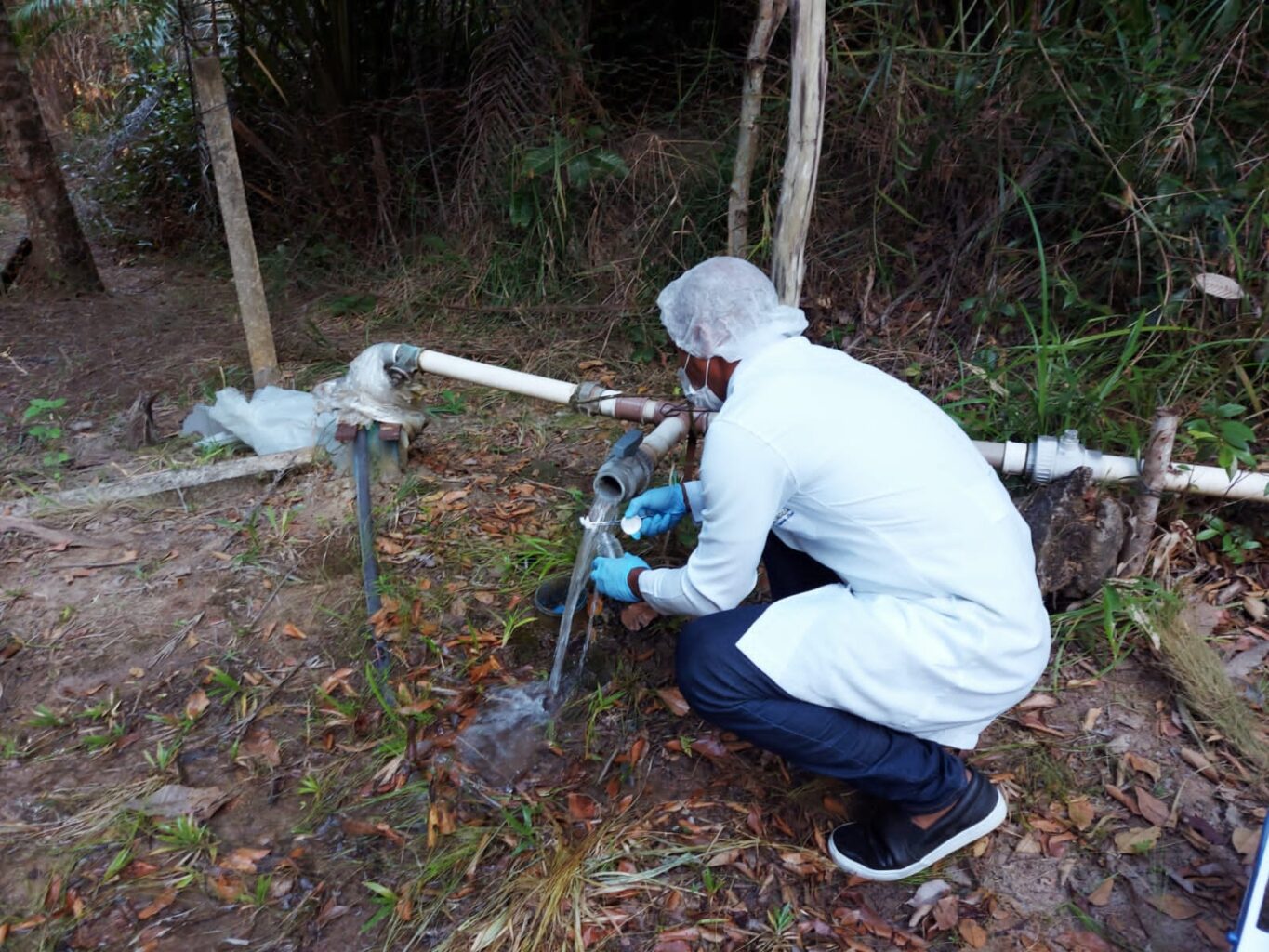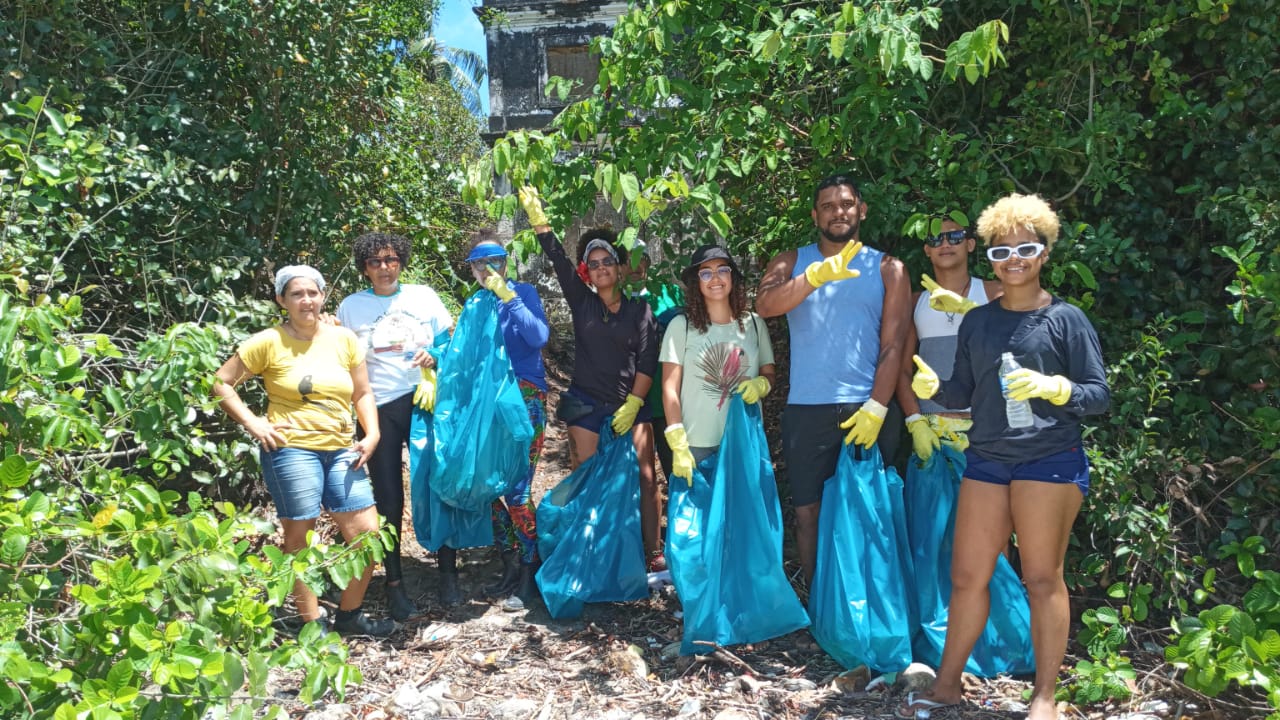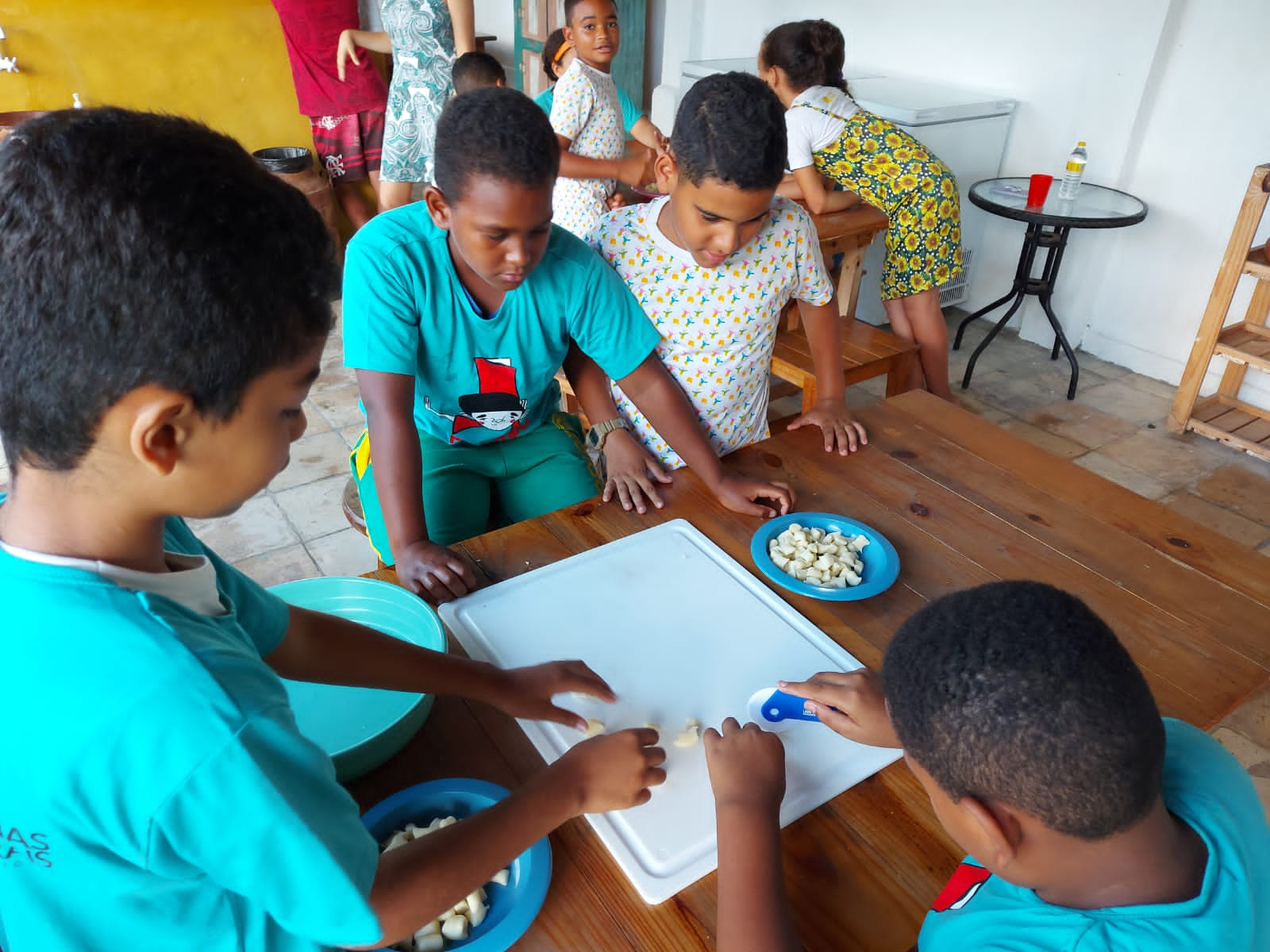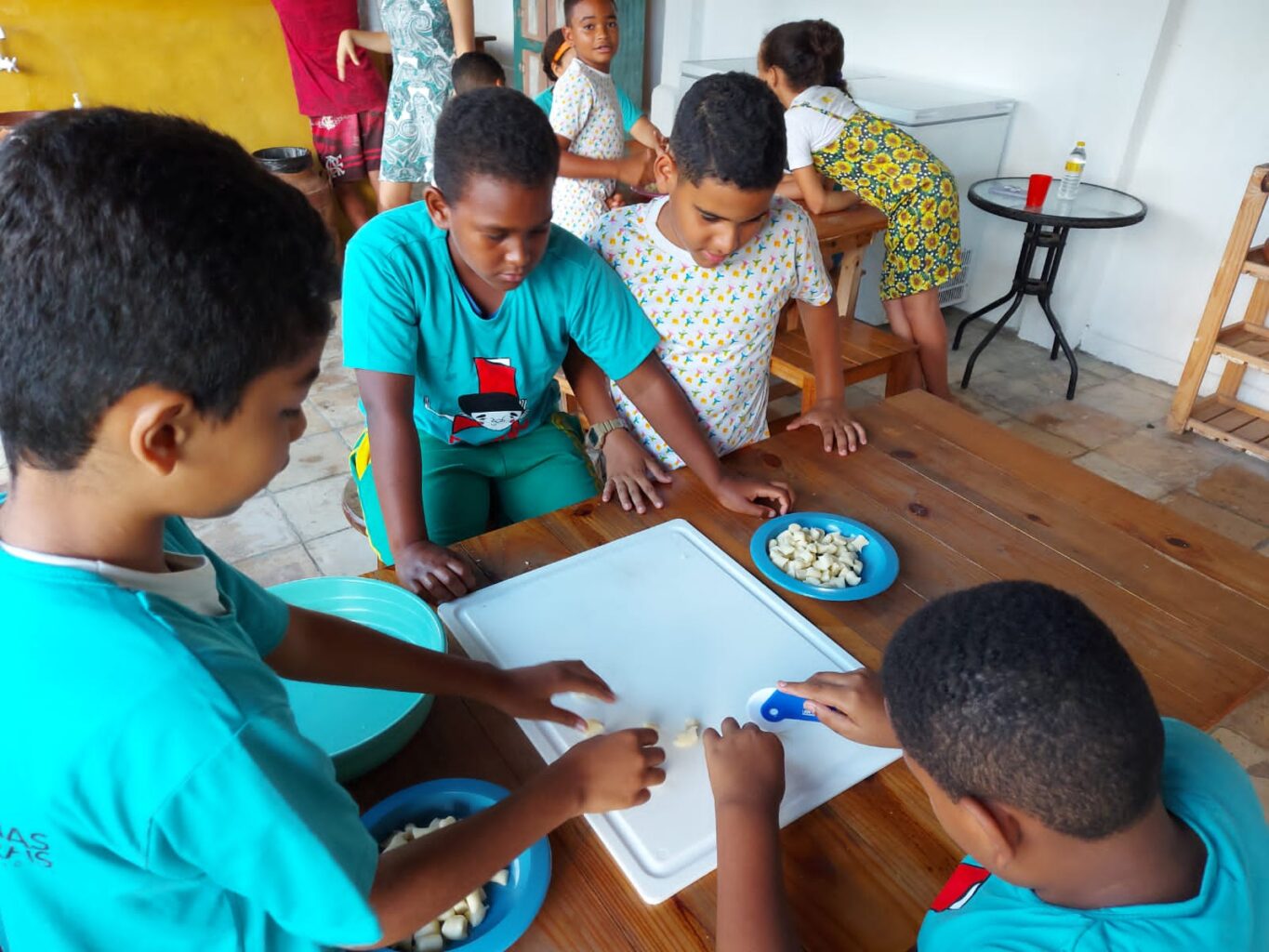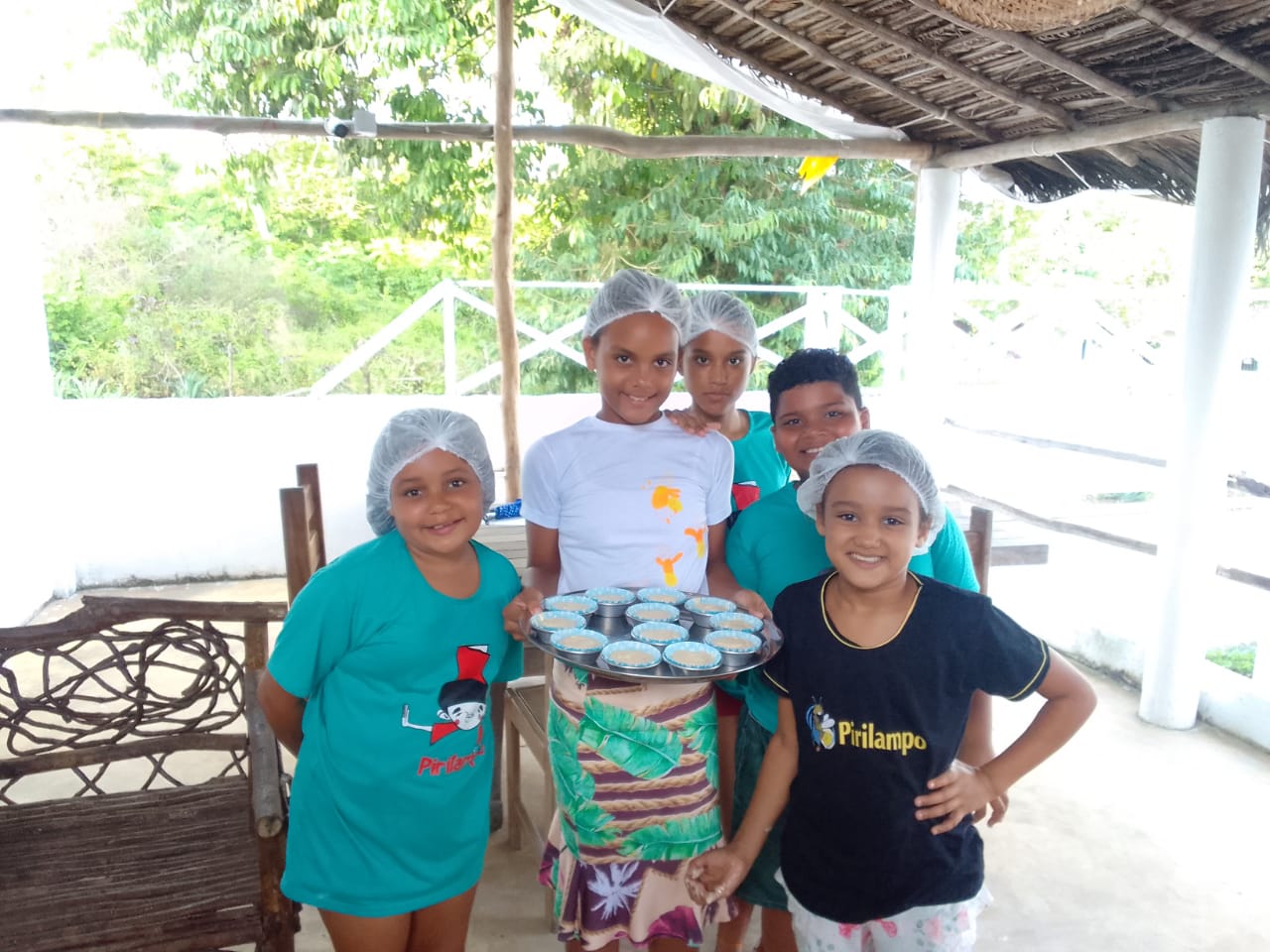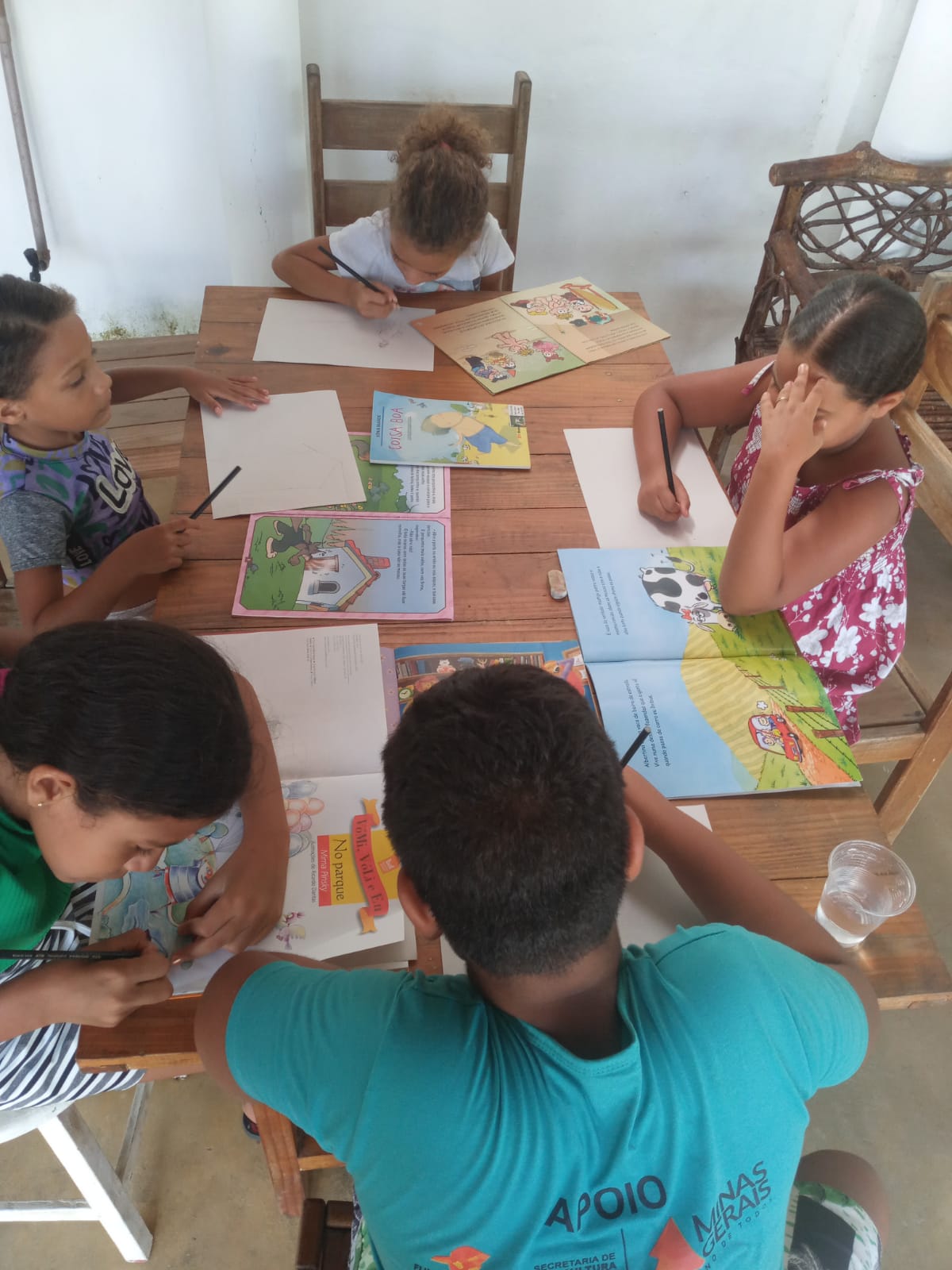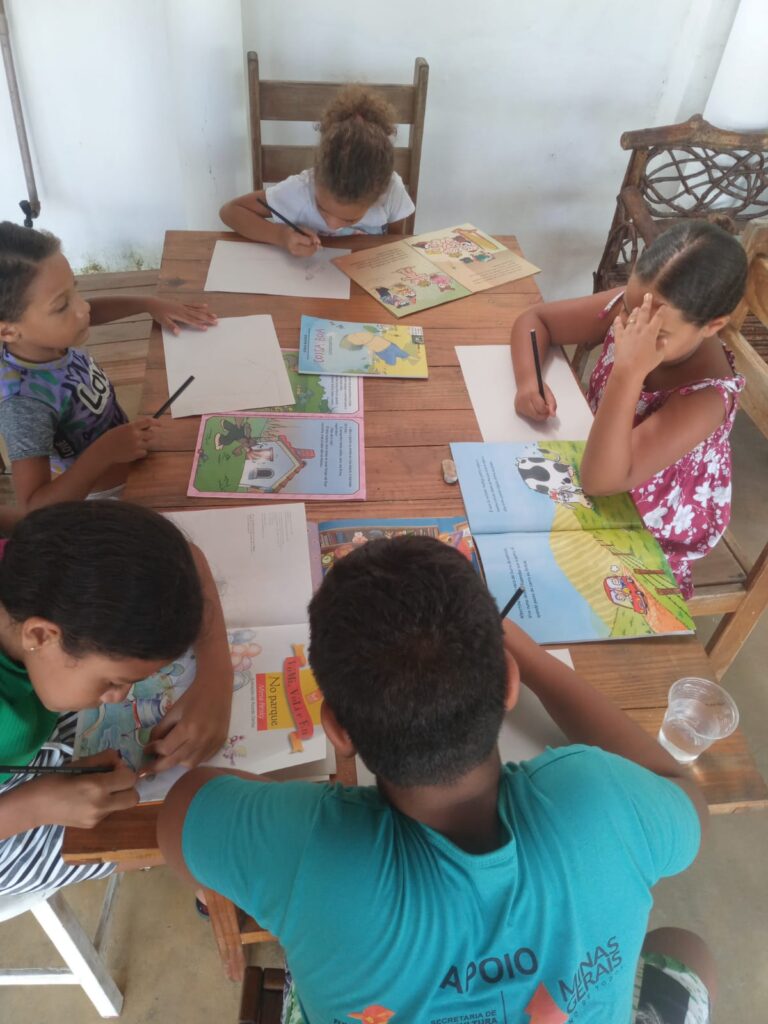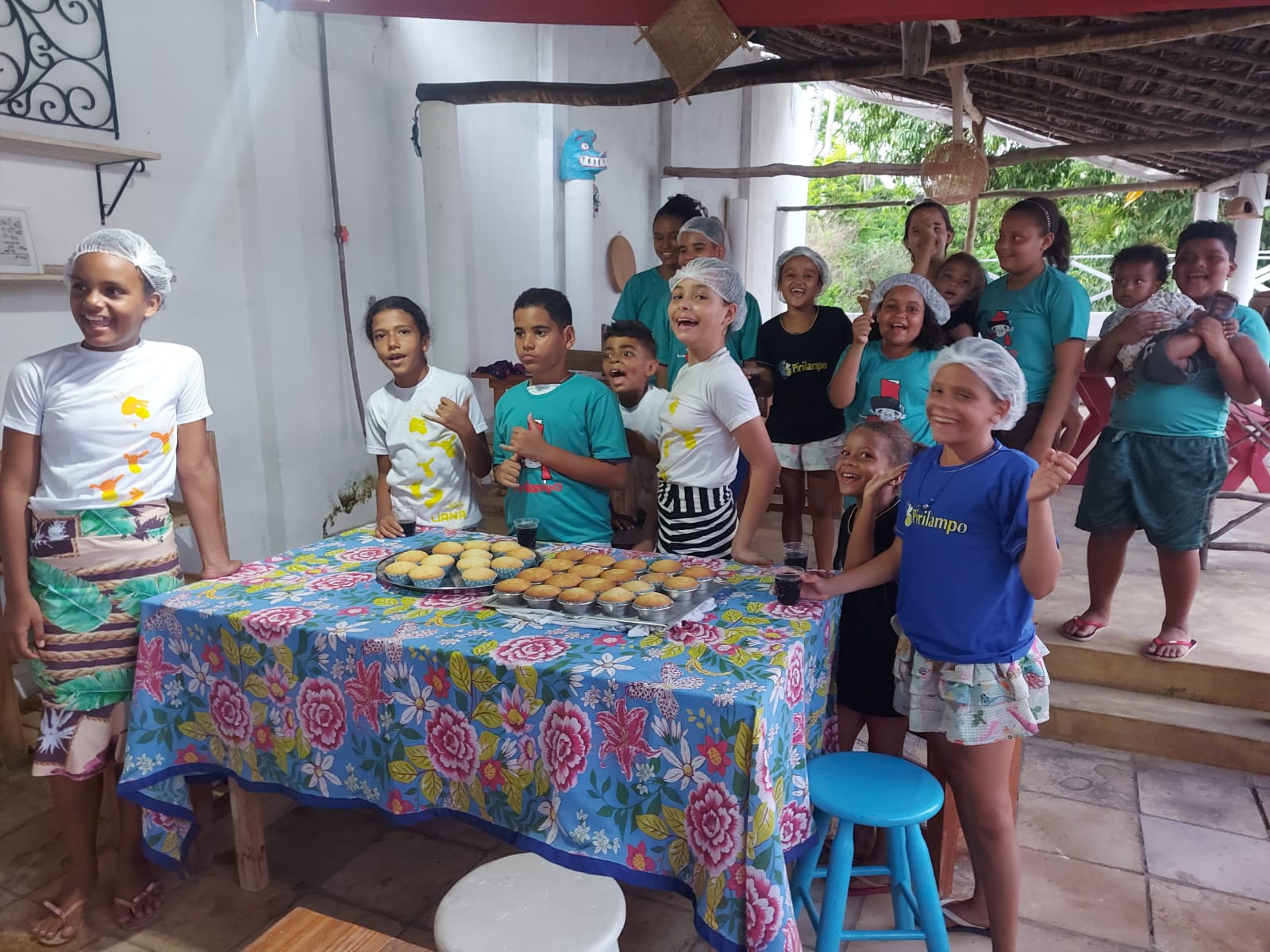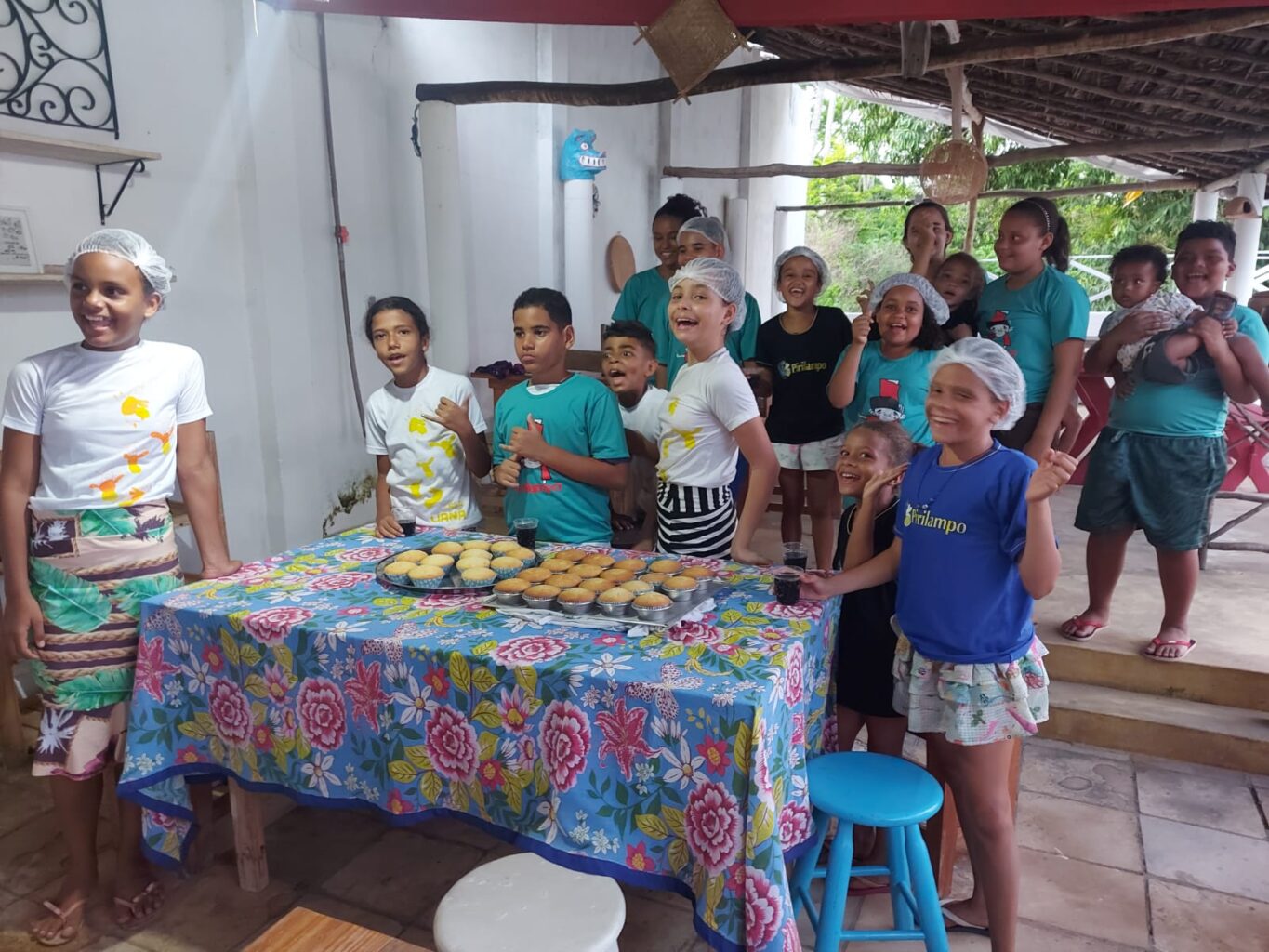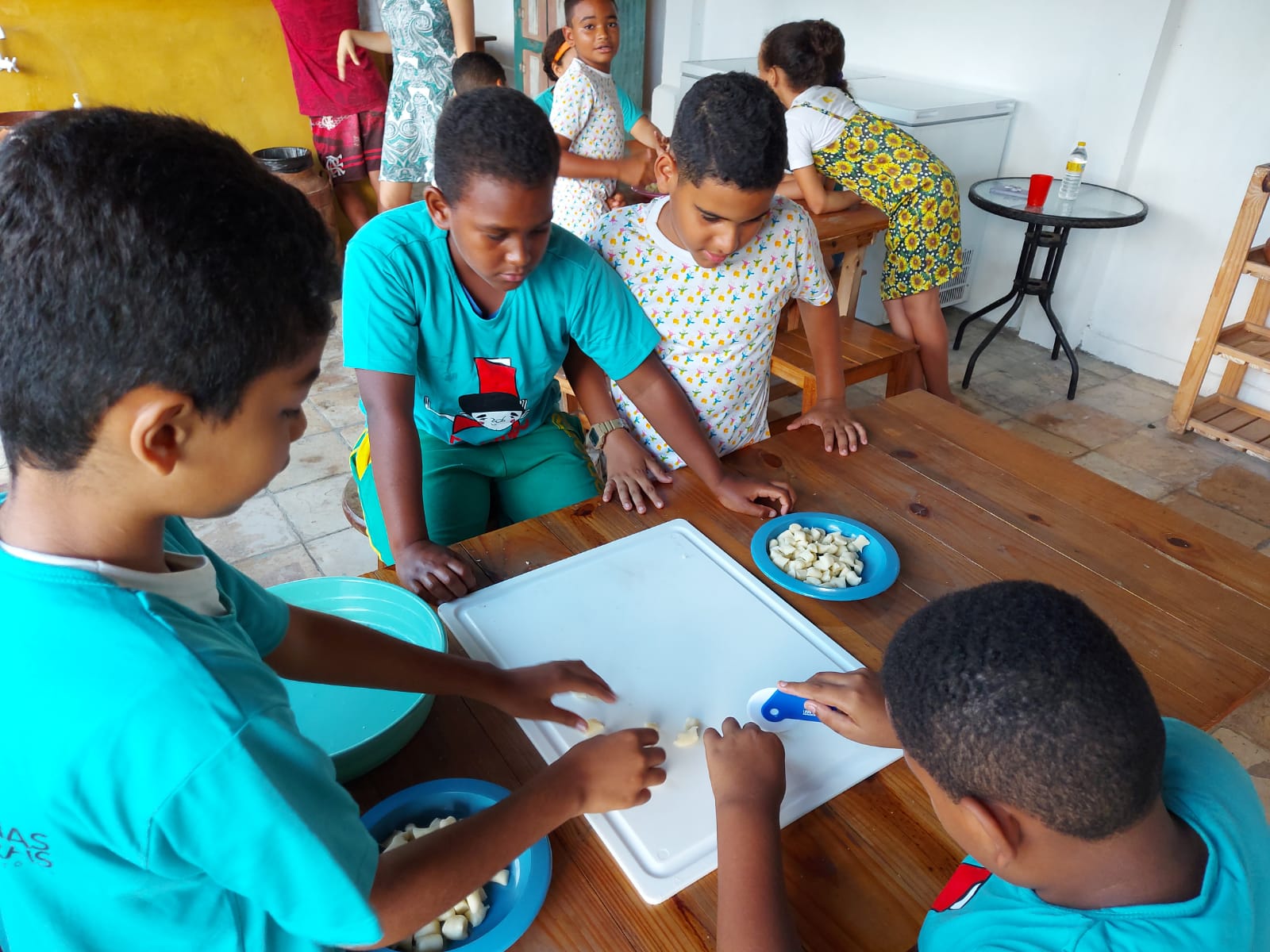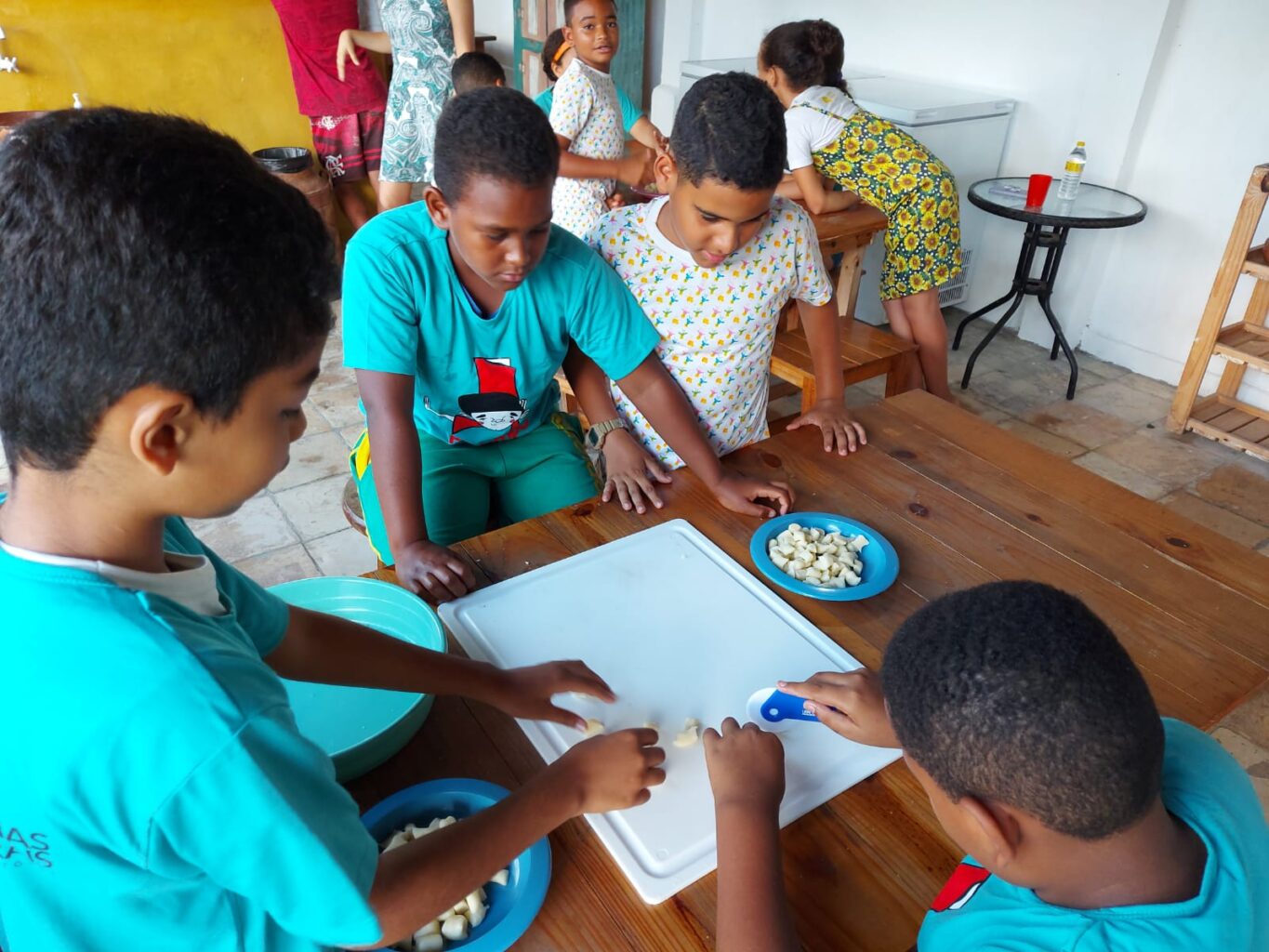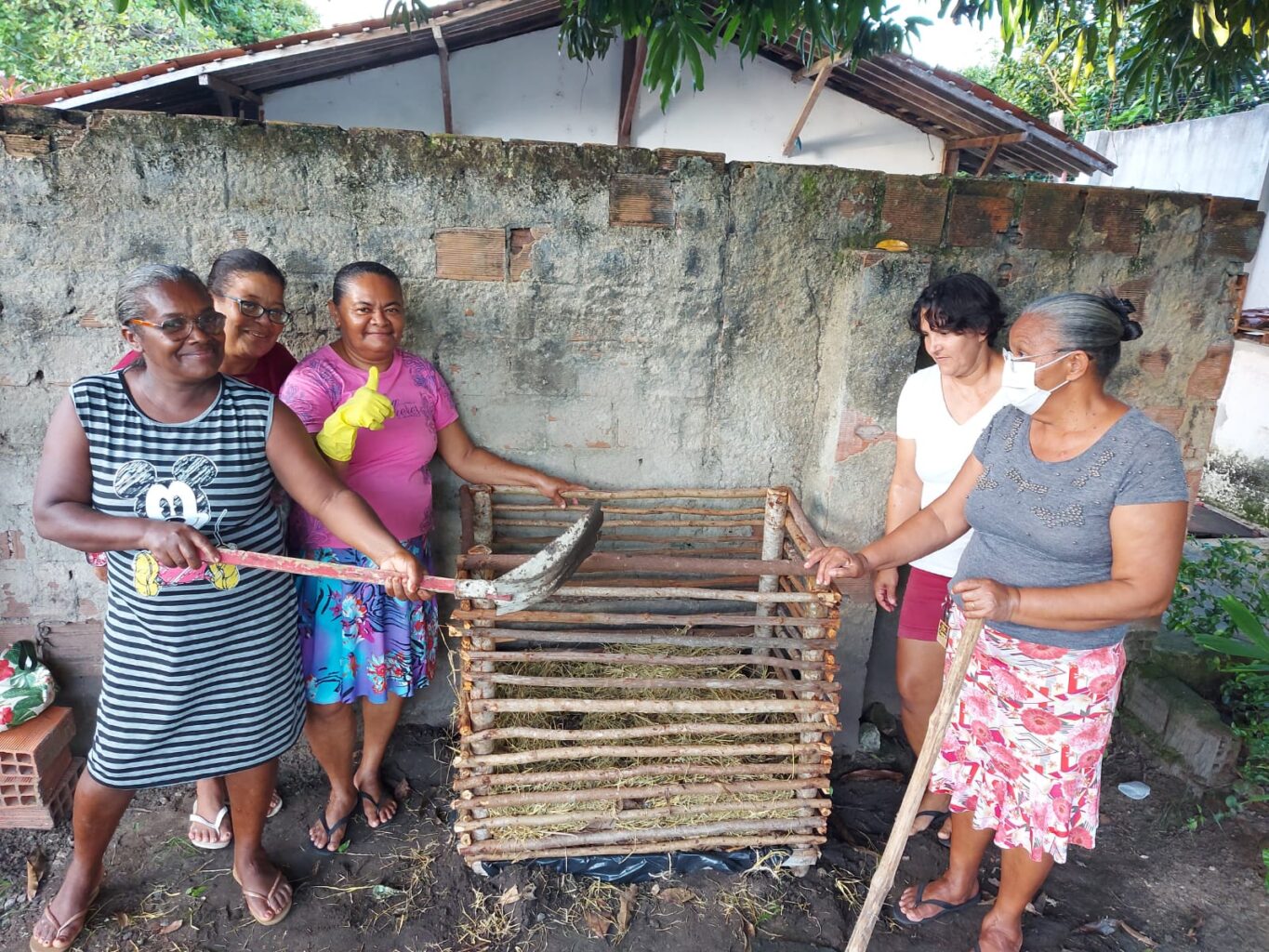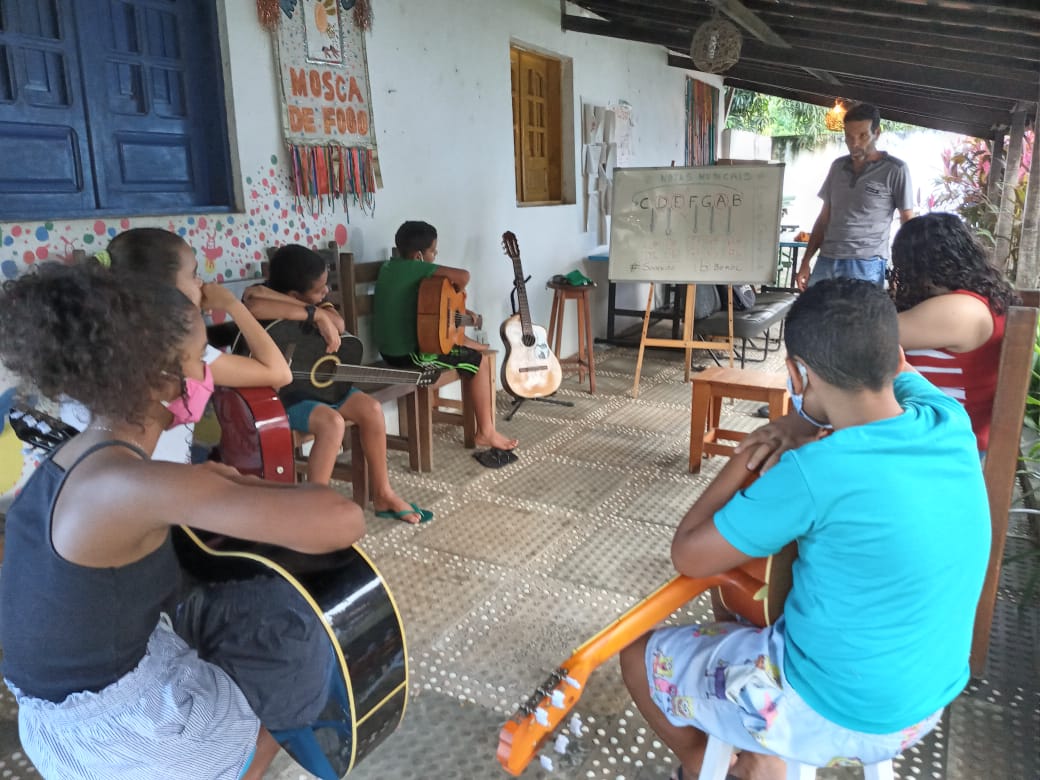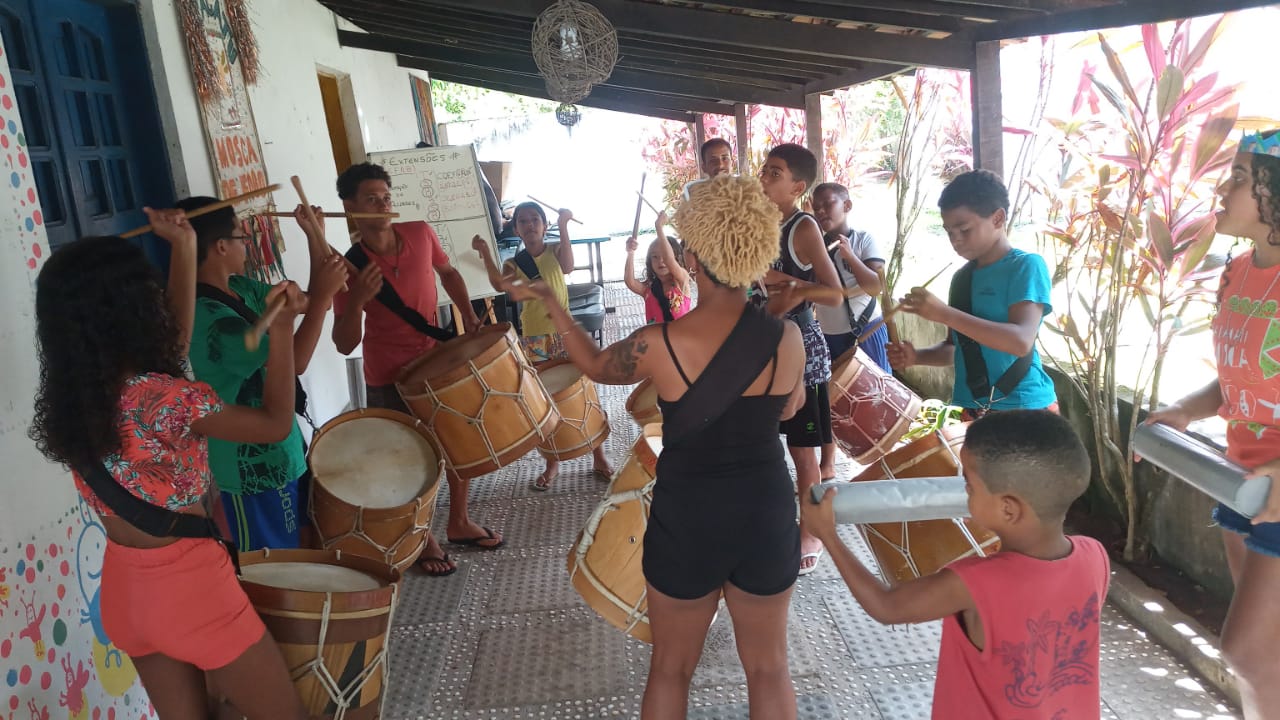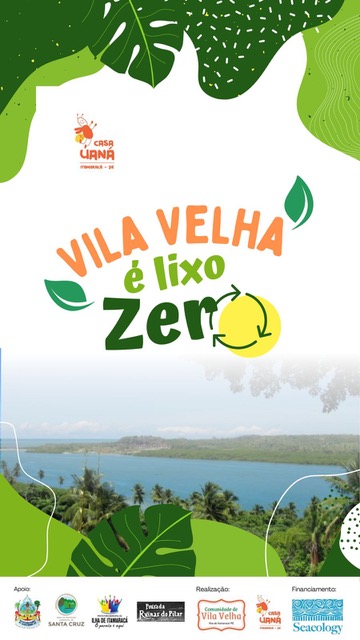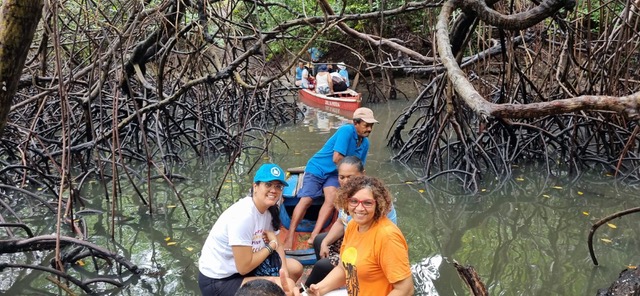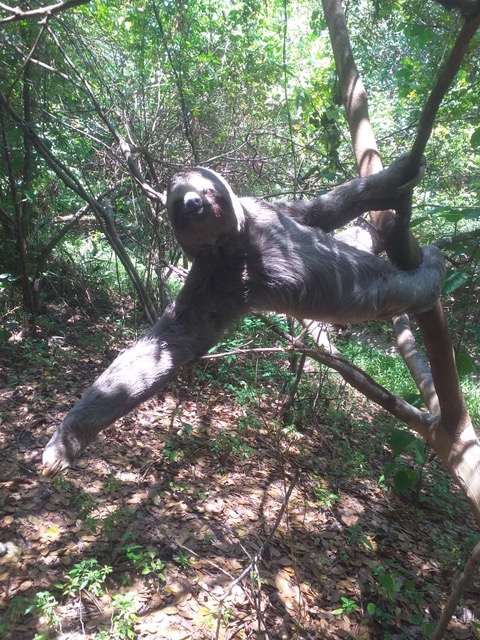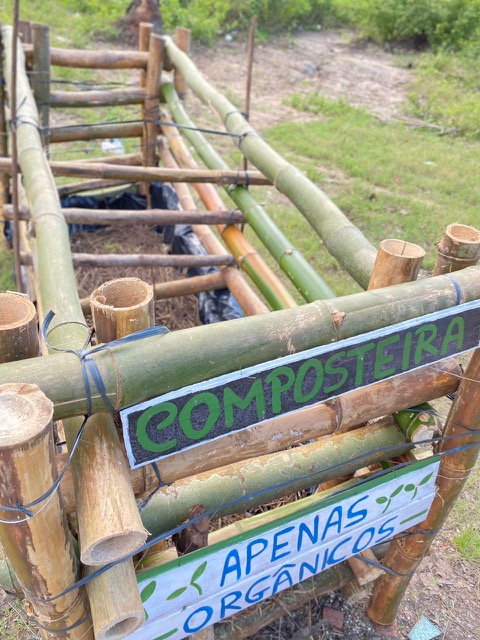The people of Vila Velha depend on their island’s thick mangrove forests, which provide fish, shellfish, and other staples of their diet. The forests shield the community from storm damage. Their natural beauty and abundant wildlife attract tourism, the islanders’ main source of income.
Ties to the mangroves are especially close for the Vila Velha Cook Masters. These women, who operate small restaurants that serve traditional food, harvest oysters in the mangroves. This is a long tradition in Vila Velha (Old Village), which was founded more than 500 years ago. But plastic trash and organic garbage, along with household waste, threaten the health of the mangroves and the community’s water supply.
This project with local organization Grupo Pirilampo tackles the trash and organic pollution problems in several ways. There are regular mangrove and beach cleanups, workshops on how to build inexpensive household compost bins, and environmental tours for visitors. A demonstration evapotranspiration tank, which can cheaply and safely process waste from household toilets, will provide a model for people to follow. People will also learn how to create “banana circles,” spots for growing bananas and other fruit, nourished by compost and kitchen waste water.
This grant will fund urgently needed water filters for families actively involved in the project. Vila Velha water now comes from a well and is salty and smelly. The filters will give an immediate boost to public health, especially that of children, who are most vulnerable to pathogens in dirty water.
Finally, the grant also supports the culture of this ancient village with workshops for children and youth. In addition to environmental education, they will learn about traditional music, visual art, literature, dance, and cooking. The island is famous for the “Firefly Maracatu,” a dance with deep roots in local culture.


